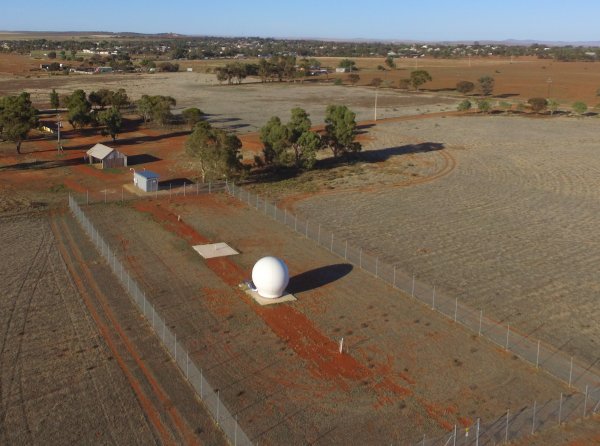
Global defence company Nova Group is maintaining its projections of over $200 million revenue this financial year with longer-term goals to continue expanding its global reach. A newer focus on space is continuing to diversify the portfolio of the South Australian headquartered company that has invested more than $20 million on eight acquisitions across the globe to cement its footprint.
In South Australia, the company’s new Nova IGS Network is providing space ground connectivity for small satellite operators with the site now being used by international clients including Tyvak USA and RBC USA. Nova is also in talks with an Italian-based space company wanting to expand its presence in Australia.
Based on a 21 hectare site in Peterborough in South Australia’s mid north, the site is used to track low earth orbit satellites through customer’s own terminals and Nova has plans to attract further European companies over upcoming years. “Nova is also planning to utilise the site as a ground station test bed for emerging Space 2.0 technologies and support future defence projects,” a spokesman said. “Peterborough provides the vital ground segment element in order to allow satellite operators to downlink/download their data.”
Nova Group is marking 20 years in business, with Nova Systems founded by Jim Whalley and Peter Nikoloff and originally offering flight-testing services in South Australia’s capital city of Adelaide. It has since grown to having 600 employees working on projects around the world including with the Australian Defence Force, United Kingdom Ministry of Defence, Royal Norwegian Air Force and the Republic of Singapore Air Force. “With a solid foundation in the defence markets in Australia and the UK, and a footprint in space, transport and energy, I am very proud to be exporting Australian capability and know-how to the world and look forward to positioning to our next growth phase,” Whalley said. Nova was recently awarded one of four industry leads in the Major Service Provider consortium providing integrated support contracts to the Australia Defence Force over the next 10 years.


